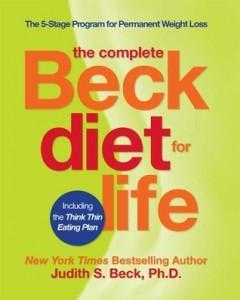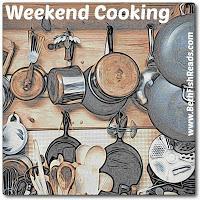The news that made the headlines this week was research on lab rats indicating a similar reaction to Oreos as cocaine. Here is Brian Williams take on it from the NBC Nightly News:
Visit NBCNews.com for breaking news, world news, and news about the economy
As Dr. Yoni Freedhoff pointed out on his blog, Weighty Matters, this isn’t really news: Are Oreos as Addictive as Cocaine, or is Cocaine as Addictive as Oreos? I can even point you to some books that contain similar information:
- The End of Overeating by David A. Kessler
- YOU on a Diet by Michael Roizen and Mehmet Oz
- Salt Sugar Fat by Michael Moss
The headline and visual of the Oreo story, though, is compelling, so it’s easy to see why it made the news. I commented on the post at Weighty Matters that this is the kind of story that can create a light bulb moment for someone. Realizing that my overeating was akin to addiction led to taking the situation seriously enough that I made the necessary changes. Ending overeating seems like it should be easier than it is. Declaring the battle to be a recovery from addiction and identifying the pushers in my environment (on street corners, for the most part, in the form of billboards, fast food, and convenience stores) was the first step to success.
There were a couple of research studies accepted this week by the journal Obesity that were probably more news-worthy but didn’t show up in the headlines.

A second study documented bias against overweight people among those studying to be health practitioners: Obesity Bias in Training: Attitudes, Beliefs, and Observations among Advanced Trainees in Professional Health Disciplines by Rebecca M. Puhl, Joerg Luedicke, and Carlos M. Grilo. This reminded me of similar studies reported in Clean by David Sheff that health professionals hate addicts. In the obesity bias study, 80% claimed confidence of treating obesity but 36% believe that the obese are non-compliant with treatment, meaning that at least 16% somehow manage to be confident while simultaneously believing that their patients won’t respond. I don’t think the health professional’s confidence will do the patient much good. As with the addicts in Clean, the whole system is going to work better when health professionals, and the rest of us, know that there are interventions that work, that there are specialists and researchers who know what those interventions are, and that very little successful treatment has anything to do with will-power or motivation.
I can’t remember the last time I had an Oreo. My tastes have changed so much now, that an Oreo doesn’t even sound good. A homemade chocolate chip cookie, on the other hand, would be worth the calories, especially if I could plan it an advance so it fit in well with the rest of my menu for the day.

